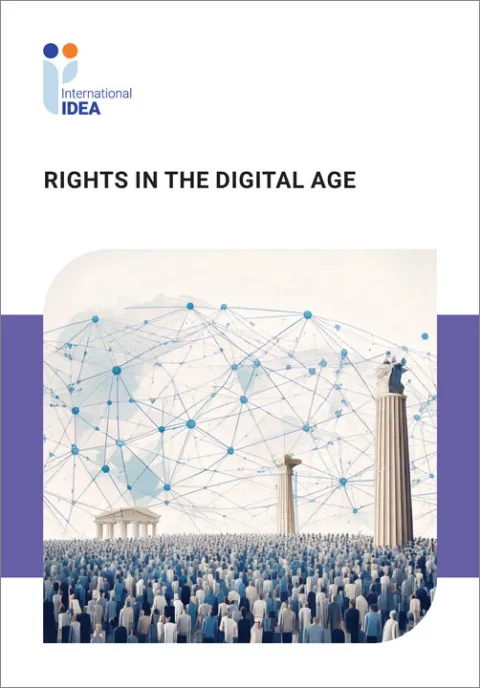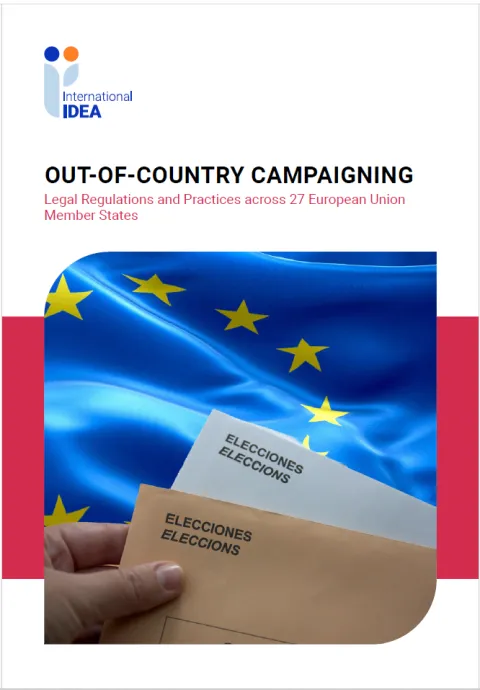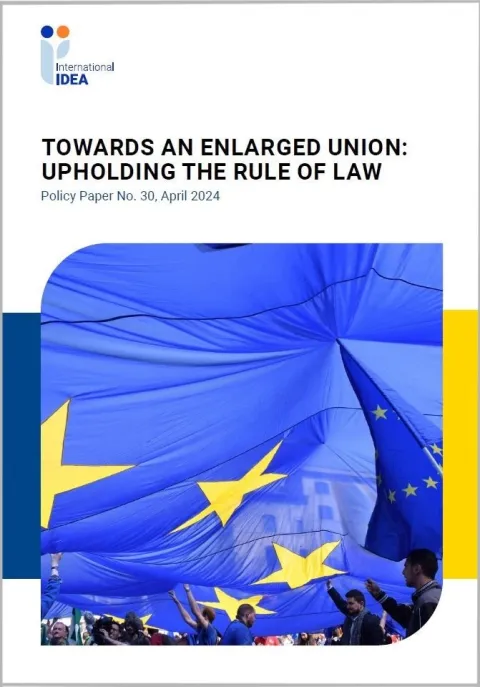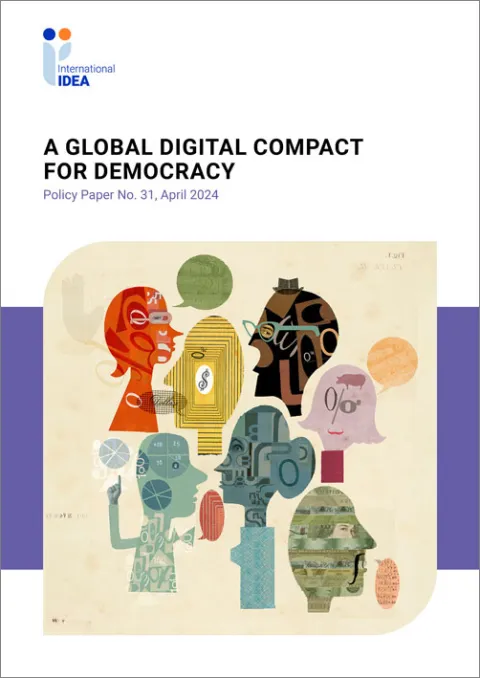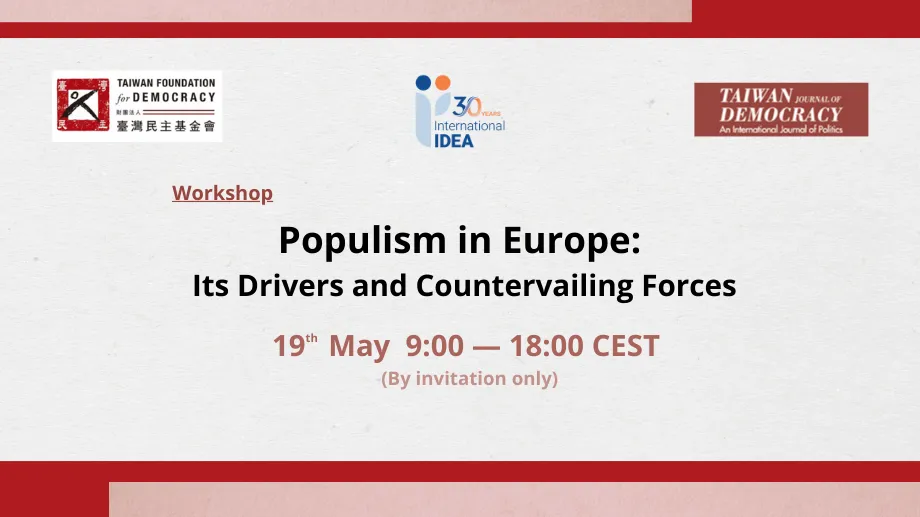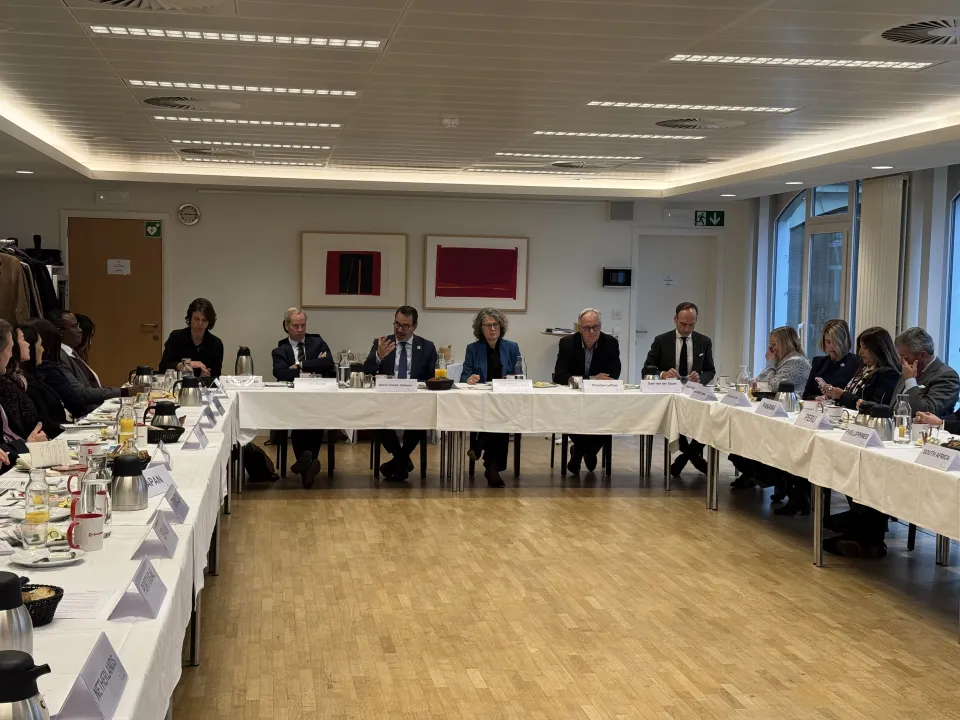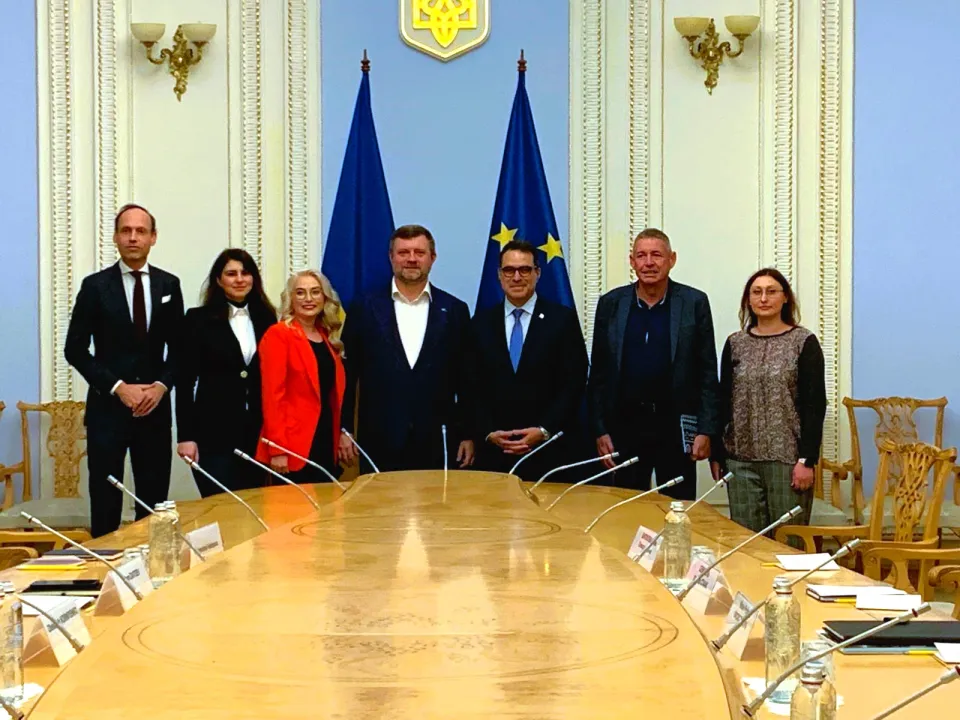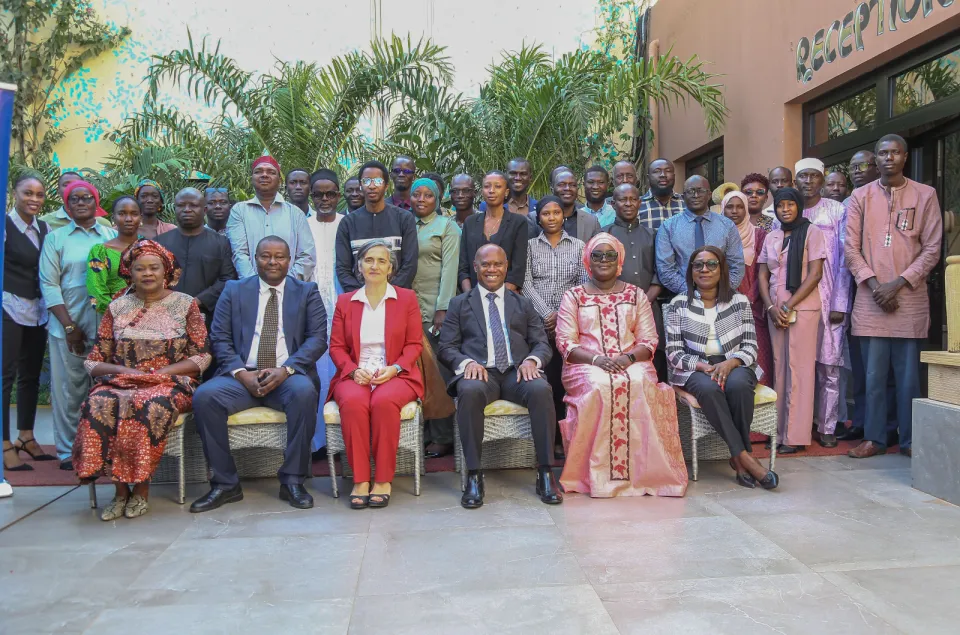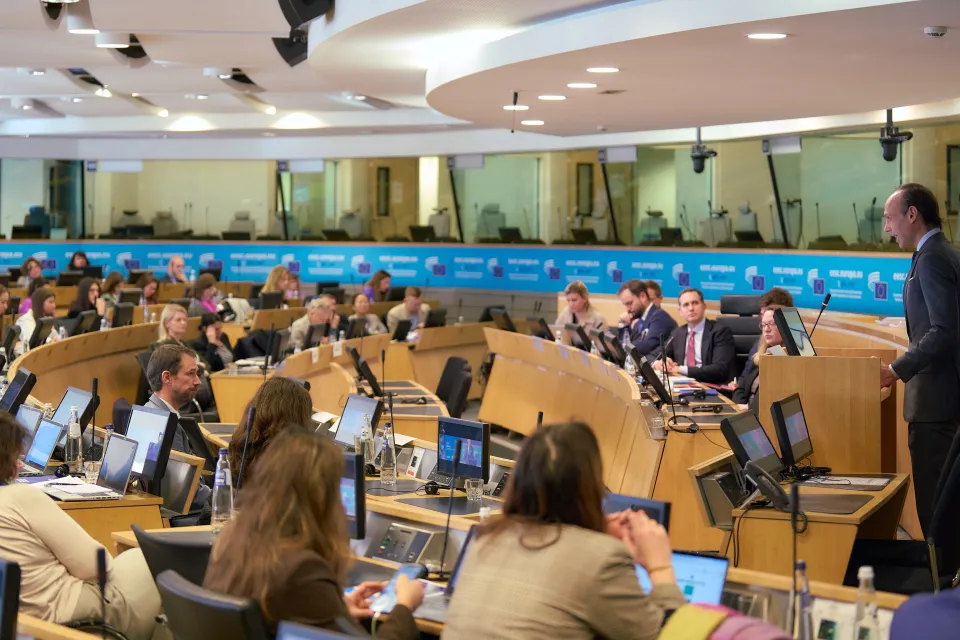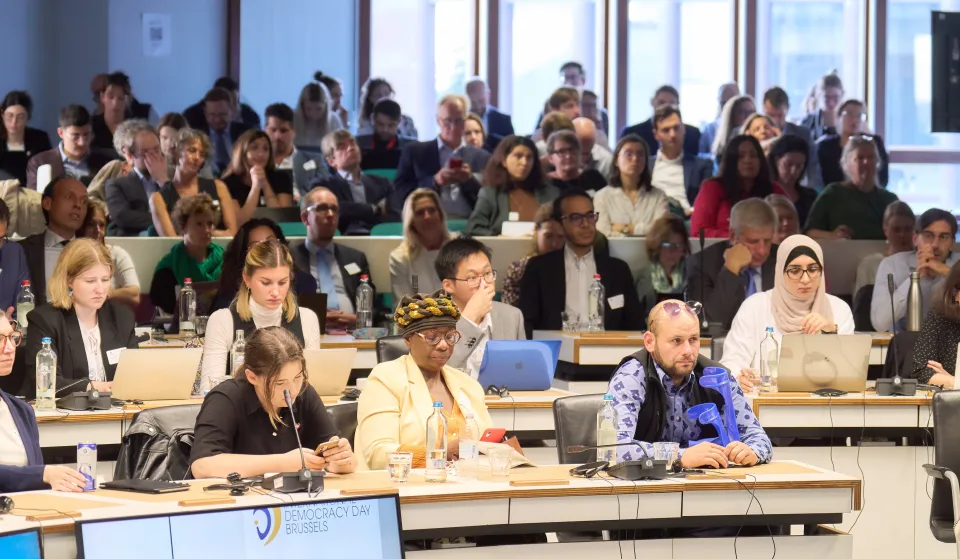The EU’s External Democracy Action in a New Geopolitical Reality
The European Union has traditionally been one of the world’s staunchest advocates of democracy but major changes have affected the global democracy landscape in recent years. With the support of the Swedish Ministry for Foreign Affairs, International IDEA led an analysis of the EU’s external democracy policy during 2022 to inform the EU discussion on democracy during Sweden’s 2023 Presidency of the Council of the EU.
The report looks at questions related to the relevance and coherence of the EU’s external democracy policy in a rapidly evolving geopolitical environment and pays special attention to the 2020–2024 EU Action Plan on Human Rights and Democracy as a guiding framework. The research consisted of a desk study, online surveys, in-depth interviews with more than 40 key EU democracy policy stakeholders, and regional dialogues with more than 100 civil society representatives from across the globe.
Learn more about the Sweden EU-Presidency & the Democracy Agenda.
Details
Staff authors
Related databases & tools
Contents
Preface
Acknowledgements
Abbreviations
Executive summary
Introduction
1. Relevance of the EU’s external democracy policy
2. Policy coherence and alignment of democracy action
3. Assessment of the EU Action Plan on Human Rights and Democracy
4. Conclusion and recommendations
Annex A. Regional considerations
Annex B. Methodology
References
Give us feedback
Do you have a question or feedback about this publication? Leave us your feedback, and we’ll get back to you
Send feedbackThe EU’s External Democracy Action in a New Geopolitical Reality
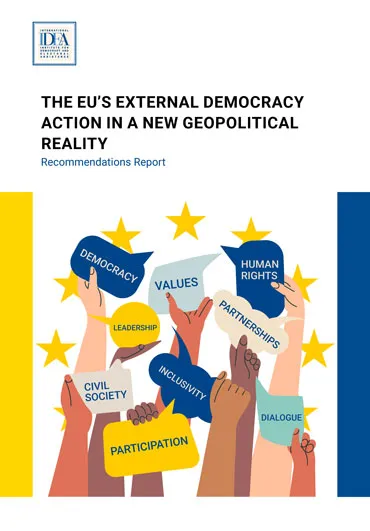
| Total views | 6078 |
|---|---|
| Downloads | 299 |
| Rating |
Staff authors
Related databases & tools
Give us feedback
Do you have a question or feedback about this publication? Leave us your feedback, and we’ll get back to you
Send feedback